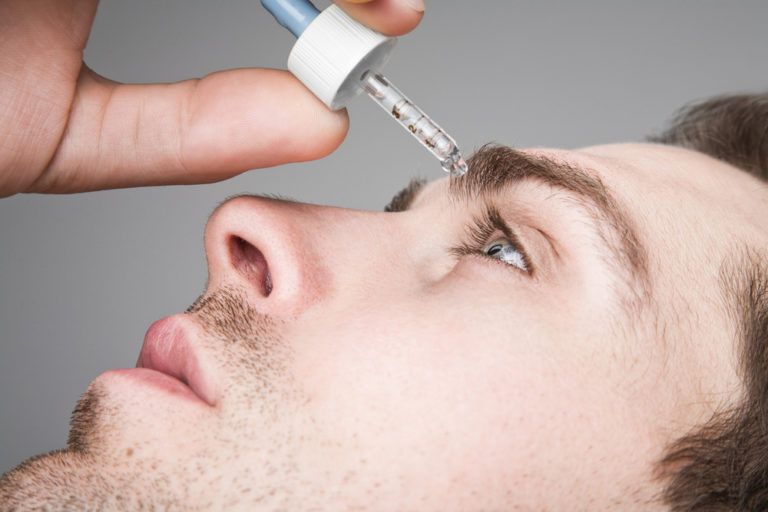Dry Eye

Dry eye is a chronic condition in which the body does not produce enough quality tears to sufficiently lubricate the eye. Without tear lubrication, the eyes may become irritated, causing burning, itchiness and excessive watering. Patients with severe cases of dry eyes may actually experience vision impairments caused by damage to the surface of the eye. Fortunately, dry eye treatments are available to help the eye produce more of its own natural tears and also manage inflammation.
Did you know…
that dry eye is a very common condition among residents over age 50? The American Academy of Ophthalmology reports that nearly 4.9 million Americans over age 50 are suffering from dry eye, with women outnumbering men nearly 2 to 1. There are many reasons why people develop dry eye, including environmental conditions, the use of certain medications, and the long-term use of contact lenses.
Frequently Asked Questions
Should I be treated for dry eye?
The only way of knowing whether you need treatment for dry eye is by visiting your eye doctor for a diagnostic exam. Your eye doctor may recommend treatment if you are found to have abnormal tear production that is contributing to dryness on the surface of your eyes.
What should I expect during treatment for dry eye?
There are several ways of treating dry eye. Together with your optometrist, you will decide upon the treatment that best fits your needs. This may include supplementing your natural tears with artificial solutions that can be purchased over-the-counter at most drug stores. You may also be prescribed a medication designed to increase natural tear production. In some cases, eye doctors may recommend conserving natural tears and preventing them from draining by blocking tear ducts or surgically closing them altogether.
Will I need to follow any special instructions during treatment?
You can continue to treat your dry eye with eye lubricating drops that provide temporary relief. Some patients also experience improvements in natural tear production by consuming an omega-3 supplement. Other steps you can do to minimize symptoms include wearing sunglasses outdoors, using a humidifier in your home, and remembering to blink when watching television or staring at a computer screen.
